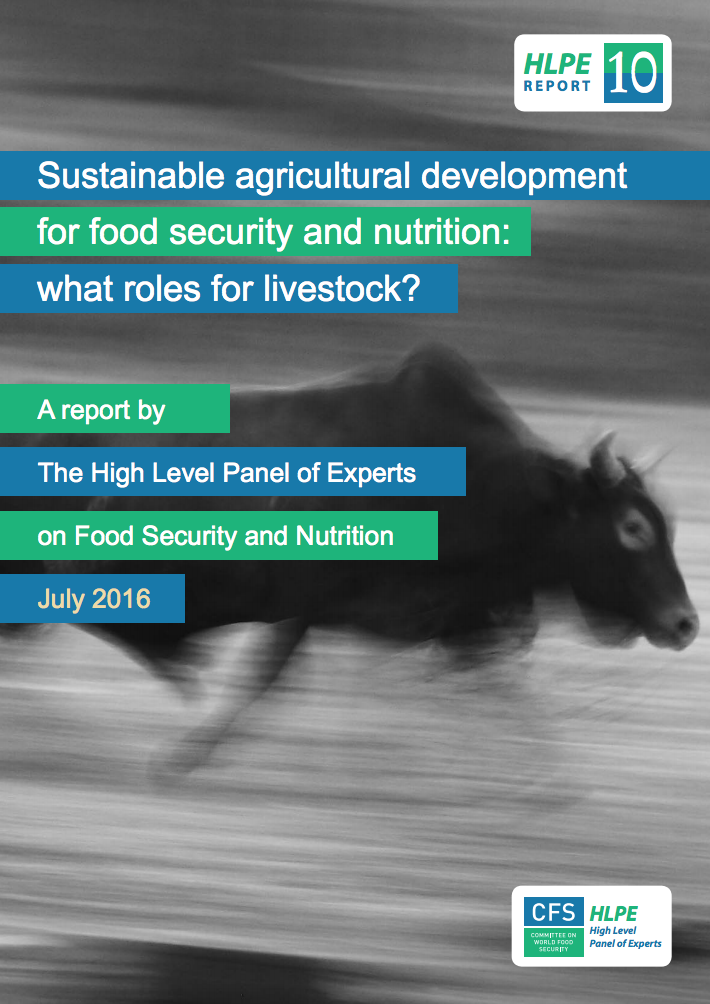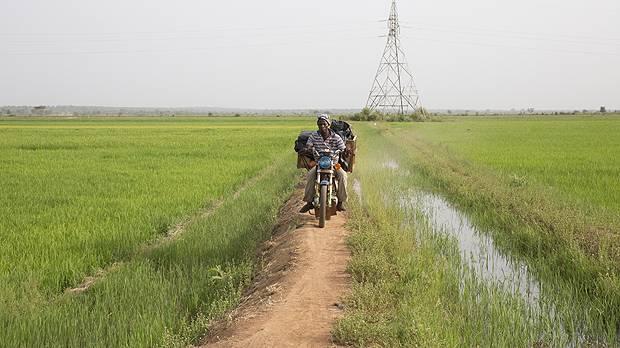Agro(Eco)System Services—Supply and Demand from Fields to Society
Land use—with a special focus on agriculture—is increasingly influenced by globalization and external driving forces, causing farmers to seek opportunities to develop efficient, large-scale production systems.[...]








